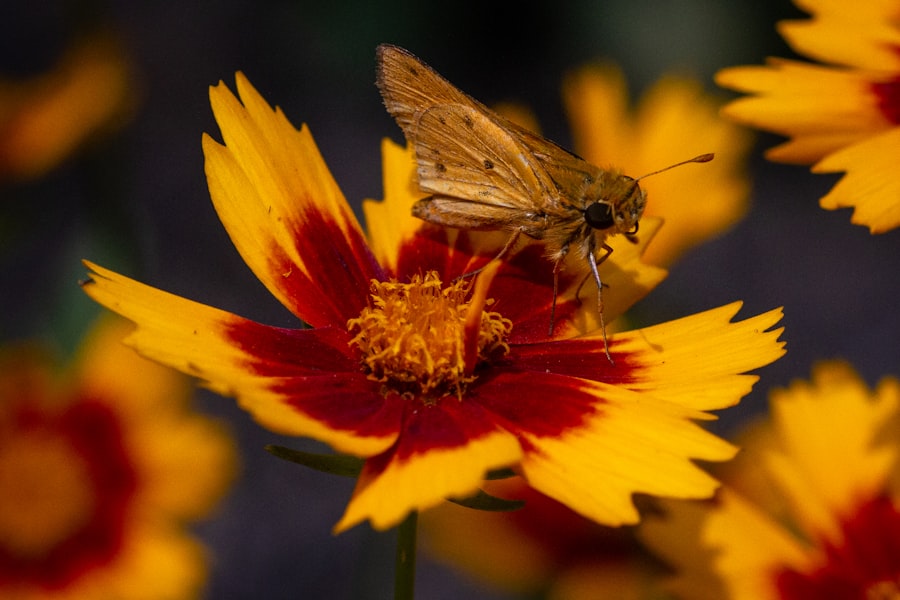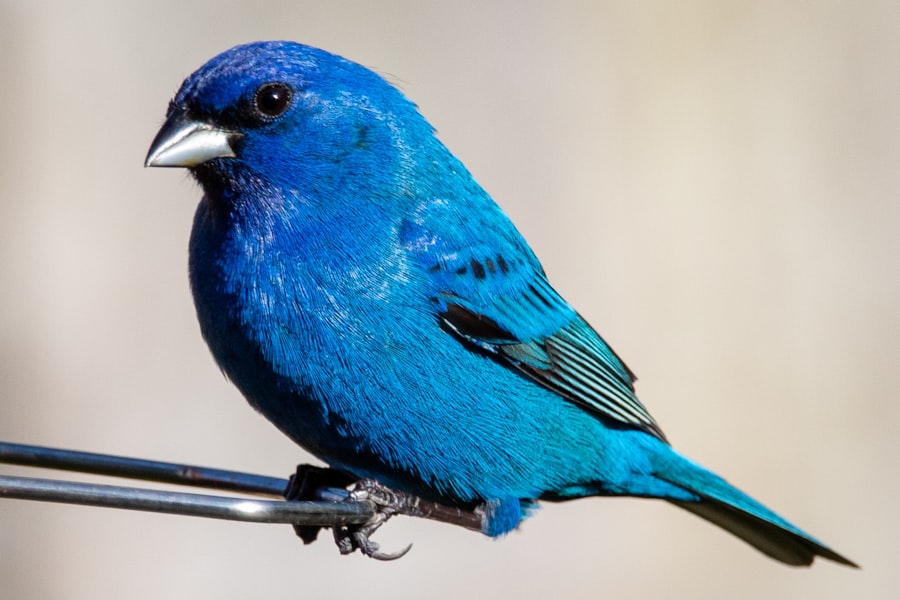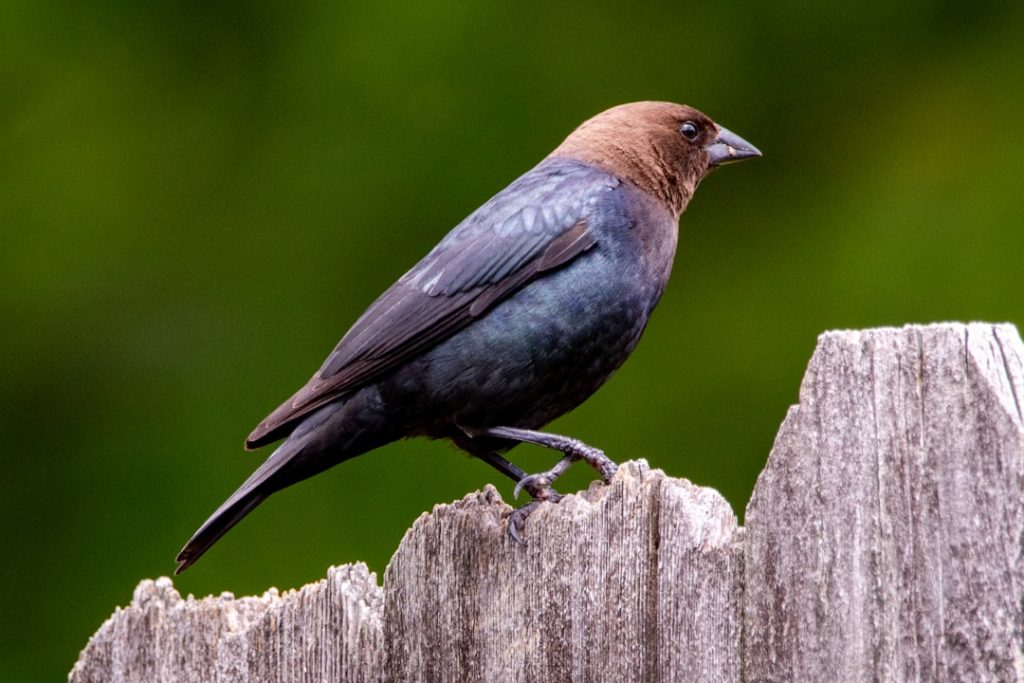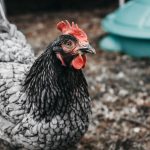Keeping chickens and ducks as pets offers numerous benefits. These birds provide a sustainable source of fresh eggs, which are often considered healthier and more ethical than store-bought alternatives. They also contribute to pest control in yards and gardens by consuming insects and small creatures.
Chickens and ducks produce high-quality fertilizer, enhancing garden health and productivity. These pets can be valuable educational tools for children, teaching responsibility and life cycles through care and observation of egg-laying and hatching processes. Many owners find their unique personalities and behaviors entertaining and relaxing to watch.
However, chicken and duck ownership comes with challenges. These pets require appropriate housing, nutrition, and care to maintain their health. They can create messes with their droppings and may attract predators, necessitating safety precautions.
Despite these challenges, many find that with proper knowledge and preparation, the advantages of keeping chickens and ducks as pets outweigh the difficulties, making them a worthwhile addition to households.
Table of Contents
- 1 Choosing the Right Breeds for Your Lifestyle
- 2 Housing and Coop Requirements for Chickens and Ducks
- 3 Feeding and Nutrition for Chickens and Ducks
- 4 Health and Wellness Considerations for Chickens and Ducks
- 5 Bonding and Socializing with Your Feathered Friends
- 6 Responsible Ownership and Legal Considerations for Keeping Chickens and Ducks
- 7 FAQs
- 7.1 What are the benefits of keeping chickens and ducks as pets?
- 7.2 What are some important considerations before keeping chickens and ducks as pets?
- 7.3 What do chickens and ducks need in terms of housing and space?
- 7.4 What do chickens and ducks eat?
- 7.5 What are some common health issues for chickens and ducks?
- 7.6 Can chickens and ducks live together?
- 7.7 Do chickens and ducks require special care in the winter?
Key Takeaways
- Keeping chickens and ducks as pets can provide fresh eggs, pest control, and companionship.
- Consider the space, climate, and your lifestyle when choosing the right breeds of chickens and ducks.
- Provide a secure and spacious coop with nesting boxes and roosting bars for chickens and ducks.
- Feed chickens and ducks a balanced diet of commercial feed, fresh greens, and occasional treats.
- Regularly monitor the health of your chickens and ducks, provide proper veterinary care, and maintain a clean living environment.
Choosing the Right Breeds for Your Lifestyle
Purpose of Keeping Chickens and Ducks
Firstly, you’ll want to think about the purpose of keeping these animals. If you’re primarily interested in egg production, you’ll want to choose breeds that are known for their high egg-laying capabilities, such as Leghorns or Rhode Island Reds for chickens, or Khaki Campbells or Indian Runners for ducks. On the other hand, if you’re more interested in meat production, you’ll want to look for breeds that are known for their meat quality, such as Cornish Cross chickens or Pekin ducks.
Climate Considerations
Another important factor to consider is the climate in which you live. Some breeds are better suited to cold weather, while others are more heat-tolerant. For example, cold-hardy chicken breeds include Orpingtons and Wyandottes, while heat-tolerant breeds include Mediterranean breeds like Leghorns and Anconas. Similarly, some duck breeds, such as the Muscovy duck, are known for their ability to thrive in a variety of climates.
Space and Living Conditions
Finally, you’ll want to consider the space you have available for your chickens and ducks. Some breeds are more suited to free-ranging, while others do well in confinement. For example, smaller chicken breeds like bantams are well-suited to smaller yards or urban environments, while larger breeds like Australorps or Sussex may require more space to roam.
Housing and Coop Requirements for Chickens and Ducks

Proper housing and coop requirements are essential for keeping chickens and ducks healthy and safe. When it comes to housing chickens, it’s important to provide them with a secure coop that protects them from predators and the elements. The coop should have enough space for the number of chickens you plan to keep, with at least 2-3 square feet per bird inside the coop and 8-10 square feet per bird in an outdoor run.
Additionally, the coop should have good ventilation to prevent moisture buildup and ammonia levels from becoming too high. For ducks, housing requirements are similar but with some differences. Ducks need access to water for swimming and cleaning themselves, so their coop should have a water source such as a small pond or kiddie pool.
Additionally, ducks are more cold-hardy than chickens and can tolerate lower temperatures, so their coop may not need as much insulation as a chicken coop. Both chickens and ducks require protection from predators such as raccoons, foxes, and birds of prey. This can be achieved by using sturdy fencing and hardware cloth to secure the coop and run, as well as locking them up at night when predators are most active.
Feeding and Nutrition for Chickens and Ducks
Feeding and nutrition are crucial aspects of caring for chickens and ducks. A balanced diet is essential for their health, egg production, and overall well-being. For chickens, a good quality layer feed that contains essential nutrients such as protein, calcium, vitamins, and minerals is important for egg production.
Additionally, providing access to grit and oyster shells can help with digestion and calcium absorption. Ducks have slightly different nutritional needs than chickens. They require a higher level of niacin in their diet to prevent leg problems, so it’s important to provide them with a feed specifically formulated for ducks or add niacin supplements to their diet.
Ducks also benefit from access to water while eating to aid in digestion. In addition to commercial feeds, both chickens and ducks can benefit from supplemental treats such as fruits, vegetables, mealworms, and kitchen scraps. However, it’s important to offer these treats in moderation to avoid nutritional imbalances.
It’s also important to provide access to clean water at all times for both chickens and ducks. Ducks will need a larger water source for swimming and cleaning themselves, while chickens will need a waterer that is kept clean and free of debris.
Health and Wellness Considerations for Chickens and Ducks
Maintaining the health and wellness of chickens and ducks is essential for their longevity and productivity. Regular health checks are important to monitor for signs of illness or injury. Common health issues in chickens include respiratory infections, parasites, and egg binding, while ducks may be prone to bumblefoot, botulism, and respiratory issues.
Preventative measures such as vaccinations, parasite control, and biosecurity practices can help reduce the risk of disease in both chickens and ducks. Additionally, providing a clean living environment with good ventilation and proper nutrition can help support their immune systems. It’s also important to be aware of the signs of stress or discomfort in chickens and ducks.
Signs of stress in poultry can include feather picking, decreased egg production, lethargy, or changes in behavior. Providing enrichment such as perches, dust baths, and toys can help alleviate boredom and reduce stress. In the event of illness or injury, it’s important to have a plan in place for seeking veterinary care.
Finding a veterinarian who is knowledgeable about poultry care can be valuable in providing prompt treatment when needed.

Building Trust and Comfort
Spending time sitting with your chickens in their coop or run can help them become more accustomed to your presence. Hand-feeding treats or mealworms can also help build trust between you and your birds. This regular interaction can lead to a stronger bond and a more relaxed atmosphere.
Understanding Individual Personalities
It’s essential to remember that each bird has its own unique personality and comfort level with human interaction. Some may be more outgoing and friendly, while others may be more reserved. Patience and respect for their individual preferences are key to building a strong bond with your feathered friends.
Providing a Happy Environment
Providing opportunities for swimming or access to water can also help your ducks feel more content. Additionally, offering a comfortable and safe environment can contribute to a happy and healthy relationship between you and your birds. By understanding and catering to their needs, you can create a strong and loving bond with your chickens and ducks.
Responsible Ownership and Legal Considerations for Keeping Chickens and Ducks
Responsible ownership of chickens and ducks involves adhering to local laws and regulations regarding their care and keeping. Before bringing home poultry as pets, it’s important to research any zoning laws or ordinances that may restrict or regulate the keeping of these animals in your area. Additionally, responsible ownership includes providing proper care for your birds’ physical and emotional needs.
This includes providing adequate housing, nutrition, veterinary care when needed, protection from predators, and opportunities for socialization. It’s also important to be mindful of your neighbors when keeping chickens and ducks as pets. Ensuring that your birds are not causing disturbances such as excessive noise or odors can help maintain positive relationships with those around you.
In conclusion, keeping chickens and ducks as pets can be a fulfilling experience that offers numerous benefits such as fresh eggs, pest control, fertilizer production, educational opportunities for children, entertainment, companionship, and relaxation. However, it’s important to carefully consider the breed selection based on your lifestyle and climate, provide proper housing and nutrition, prioritize the health and wellness of your birds through regular care and monitoring, build strong bonds through socialization efforts, and adhere to legal considerations for responsible ownership. With the right knowledge and preparation, keeping chickens and ducks as pets can be a valuable addition to any household that brings joy and fulfillment to both the birds and their owners alike.
If you’re considering keeping chickens and ducks as pets, you may want to check out this article on creating a garden chicken coop. It offers helpful tips and advice on how to set up a safe and comfortable living space for your feathered friends.
FAQs
What are the benefits of keeping chickens and ducks as pets?
Keeping chickens and ducks as pets can provide a source of fresh eggs, natural pest control in the garden, and entertainment with their unique personalities and behaviors.
What are some important considerations before keeping chickens and ducks as pets?
Before keeping chickens and ducks as pets, it’s important to check local regulations, provide appropriate housing and space, and ensure access to proper nutrition and veterinary care.
What do chickens and ducks need in terms of housing and space?
Chickens and ducks need a secure and predator-proof coop or shelter to protect them from the elements and potential predators. They also require ample space to roam and forage.
What do chickens and ducks eat?
Chickens and ducks require a balanced diet of commercial poultry feed, supplemented with fresh fruits, vegetables, and occasional treats. They also need access to clean water at all times.
What are some common health issues for chickens and ducks?
Common health issues for chickens and ducks include respiratory infections, parasites, and injuries. Regular veterinary check-ups and proper hygiene can help prevent these issues.
Can chickens and ducks live together?
Chickens and ducks can live together harmoniously, but it’s important to introduce them gradually and provide enough space and resources for both species. Additionally, some breeds of ducks may be more compatible with chickens than others.
Do chickens and ducks require special care in the winter?
Chickens and ducks may require additional protection from the cold in the winter, such as insulated coops, heated waterers, and extra bedding. It’s important to monitor their health and well-being during colder months.
Meet Walter, the feathered-friend fanatic of Florida! Nestled in the sunshine state, Walter struts through life with his feathered companions, clucking his way to happiness. With a coop that’s fancier than a five-star hotel, he’s the Don Juan of the chicken world. When he’s not teaching his hens to do the cha-cha, you’ll find him in a heated debate with his prized rooster, Sir Clucks-a-Lot. Walter’s poultry passion is no yolk; he’s the sunny-side-up guy you never knew you needed in your flock of friends!







